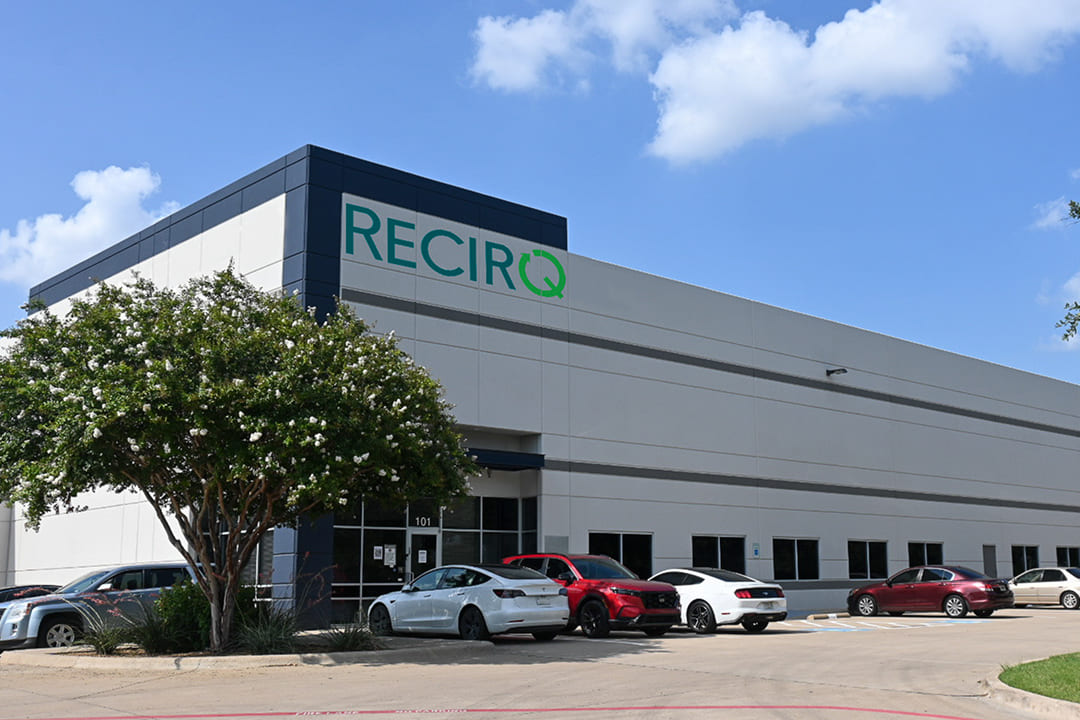1
Product arrival
Upon arrival, we ensure that all of the mobile devices are accounted for with our custom-built software.
2
Data sterilization
All previous data is removed from the device and phones are restored to their factory settings.
3
Grading
Highly trained experts meticulously inspect each cell phone. Our premium grading standards are consistent.
4
Ready for shipment
Mobile devices are packaged in individual boxes and stored in our secure warehouse and ready to be delivered.











